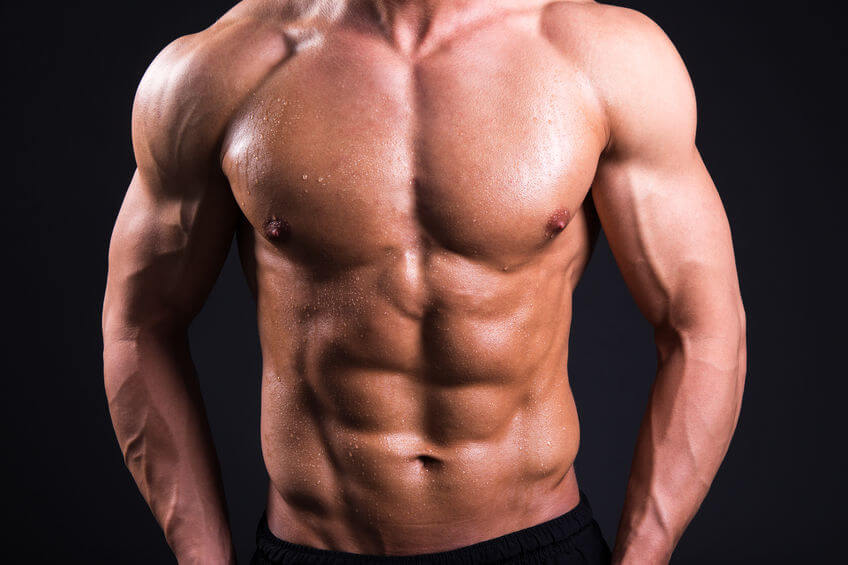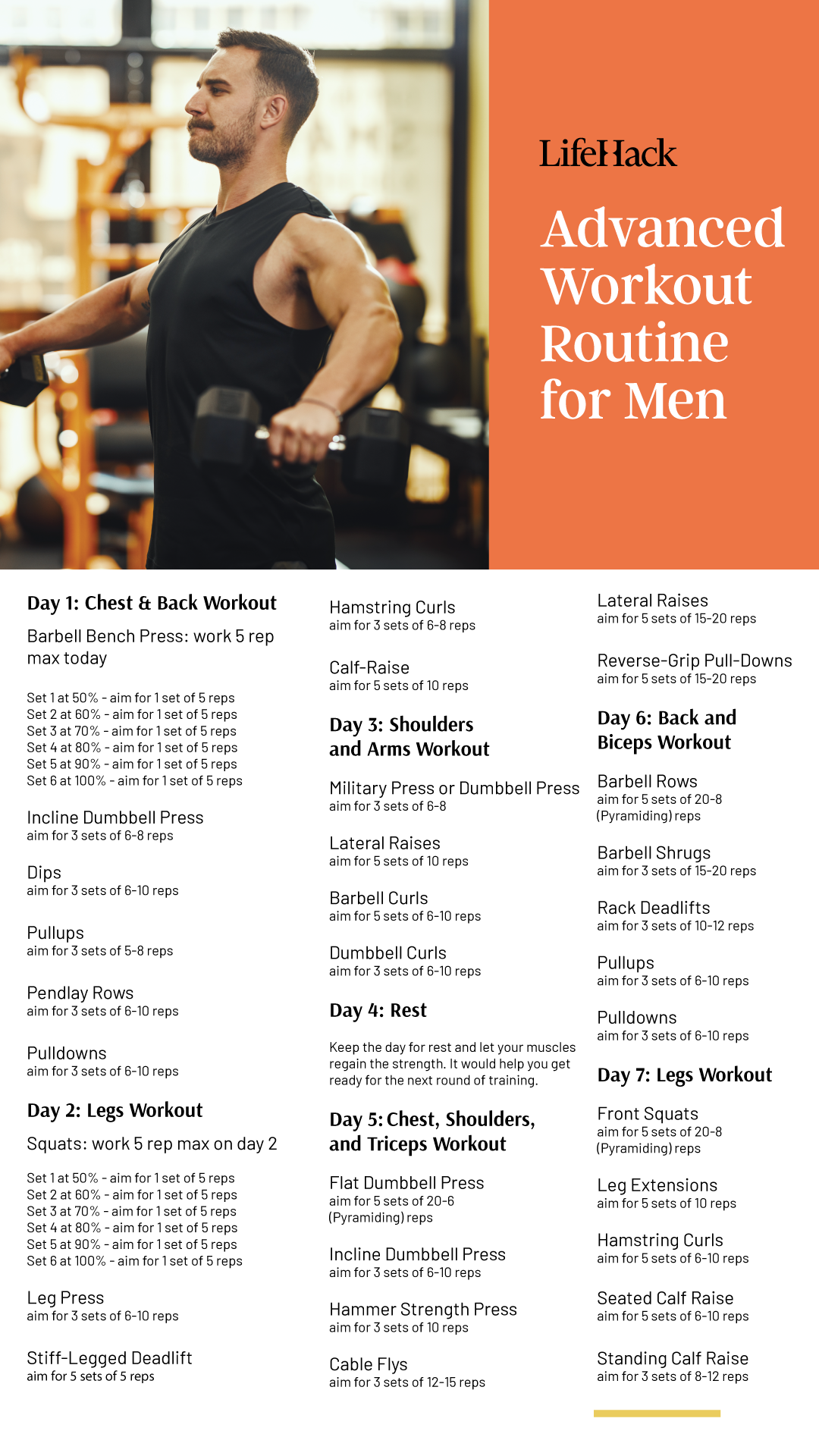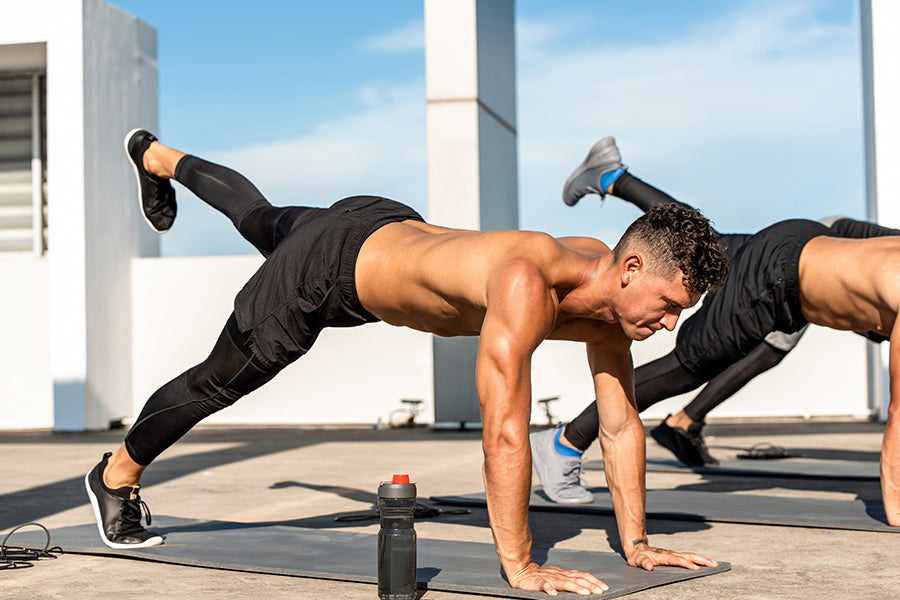
The University of Iowa (or University of Iowa) is a public research university in Iowa City. It was established in 1847 and is considered the oldest university in the State. It is composed of 12 colleges offering more than 200 academic areas and seven professional programs. Students can pursue a wide variety of jobs while at the University of Iowa.
Position description: University of Iowa student jobs
Opportunities for student employment on campus allow you to make an impact on the University of Iowa's daily operations. Student employees have a significant impact on the quality of services provided to the UI community. Students interested in student employment can review Handshake, the university’s online job posting site.
University of Iowa offers many part-time, hourly student positions. These positions are available on campus as well as off-campus. Students can work upto 40 hours per day during the summer. Students are not required to register for summer courses in order to work part-time hours. Employers must also be aware of the State of Iowa's rules on student employment. Students are limited to 20 hours of work per academic year by law. Students can work only 40 hours per week during Thanksgiving, winter and spring breaks.

Hourly work limits
State law sets hourly work limits for students working at the University of Iowa. Students are restricted to twenty hours per week during school year, and 40 hours during breaks. If a student works more than forty hours in one week, they will be required to pay overtime, and this is not covered by Work-Study dollars. Hourly work limits depend on how much Work-Study dollars the student receives each weekly.
The University of Iowa's Handbook for New Students recommends that students work no more than 20 hours per week. This is a large amount of time. Students who work more than that may struggle to find enough time to study and succeed at school. Employers are encouraged, however, to post student job vacancies in Handshake so long as they comply the state law.
Please complete Form I-9
For students, it might be a concern that the University of Iowa requires Form I-9 certification. These important documents are required to verify an employee's identity and determine if they are working on campus. These forms are required in law and protect the university from fraudulent claims. For any question about whether a student position requires Form I-9 for employment, please contact the school's Human Resources office.
Students who are paid for their work are required to complete Form I-9 within three business days of starting their employment. Students are required to submit the Form I-9 along with any supporting documents such as a passport and birth certificate. Employers are encouraged to submit multiple student employment applications to the Student Employment Office. Interviews will take places in a private setting.

Payroll biweekly
Your paycheck is sent out biweekly to employees who are University of Iowa employees. Biweekly schedules pay employees who worked in the preceding calendar month. Unless you have a semester job that requires you to work additional hours, your paycheck will be sent on the first week of the following week. The biweekly pay schedules include eligible pay adjustments.
Log in to Employee self-service and choose the Payroll tab. Next, click View Paycheck History. To access your Payroll Services Account, enter your employee ID Number and your name.
FAQ
Is it possible that you can be too thin?
Yes! Being underweight or having an eating disorder are both unhealthy. It's normal to be a little heavier than you should be. A person may feel tired, weak, dizzy or experience other symptoms that might indicate they are underweight.
Can exercise help me lose weight?
Yes. Yes. Regular exercise can help you lose weight and burn extra calories. Regular exercise can help you burn calories even when your metabolism is not high.
What effects does caffeine have on my sleep patterns?
Caffeine influences how quickly and how well you fall asleep. Caffeine induces drowsiness which makes it easier to fall asleep. You may stay awake for longer periods, which makes it more difficult to fall asleep. Try drinking energy drinks and coffee before bed.
Can I exercise after eating?
It depends on what type of exercise you're performing. Avoid strenuous exercises after meals. It could cause stomach cramps. Focus instead on light aerobic exercises like biking or walking briskly.
How many hours of sleep should you get each night?
The amount of sleep that is recommended for each individual depends on their age, gender and needs. Most adults need between 7 and 9 hours of sleep per night. Teenagers and children typically need about 10 hours of sleep per night, but this number decreases as they grow older.
Why is it so important to get enough sleep?
For a healthy lifestyle, sleep is vital. Your body needs sleep to heal itself from daily stressors. Your ability to function optimally during the day is dependent on how much sleep you get each night.
How can I get started in fitness?
Start small. Take 10 minutes each day to walk around your block. This will allow you to learn the basic movements and give your body time to adjust to the new routine. You can then add more steps into your daily exercise routine once you have learned this simple form.
Statistics
- Globally, 81% of adolescents aged 11-17 years were insufficiently physically active in 2016. (who.int)
- In high-income countries, 26% of men and 35% of women were insufficiently physically active, as compared to 12% of men and 24% of women in low-income countries. (who.int)
- In 2018, the World Health Assembly agreed on a global target to reduce physical inactivity by 15% by 2030 and align with the Sustainable Development Goals. (who.int)
- Physical activity confers the following maternal and fetal health benefits: a decreased risk of pre-eclampsia, gestational hypertension, gestational diabetes (for example, 30% reduction in risk) (who.int)
External Links
How To
How to Burn Belly Fats Faster
Belly Fat is often thought of as a problem when trying to lose fat. But if you think about it, Belly Fat is actually a good thing. It is the fat in your stomach that protects your organs. Let's now see how to quickly lose belly fat.
The main factors that lead to body fat storage are stress and lack exercise. Because stress stimulates the release of cortisol hormone, it makes us hungry all the time. Cortisol levels are increased by insulin. The insulin then stores extra calories as fat. Insufficient sleep can lead to an increase in appetite and adrenaline release. These extra calories are broken down through exercise.
There are many different ways to reduce bellyfat. Any one of these can be tried, depending on how much you have to spend. Here are some tips to help you get rid of belly fat quickly.
-
Try to eat less food. Instead of eating three large meals per day, try to eat smaller meals. This way, you'll consume fewer calories overall.
-
Drink lots of water. Water flushes out toxins and keeps you hydrated. Also, drinking water before every meal will keep you feeling full longer so you won't overeat.
-
Avoid snack foods that are unhealthy. If you're looking for quick fixes, snack foods like chips, cookies, candies, etc. might seem tempting. These sweet treats can be tempting, but they are high in empty calories and sugar. Instead, choose healthy alternatives like fruits, veggies, nuts, seeds, and whole grains.
-
Strength training should be performed at least 3 times per week. Strength training builds muscle mass which burns more calories even while resting. It strengthens bones and muscles, ligaments, muscles, tendons, heart, lungs, as well as joints.
-
Stretching and walking are good habits. Stretching helps to improve flexibility and mobility, which reduces back pain. Walking for 30 minutes is a great way to burn calories.
-
Reduce alcohol intake. Avoid alcohol.
-
Reduce your weight gradually. Your current weight is the first step to losing weight. Add 5%-10% of your total bodyweight to calculate your ideal size. Once you have calculated your target weight, start reducing calorie consumption by 500-1000 calories daily until you reach your goal.
-
Avoid processed foods. These foods are high on sugar, salt, and additives. Processed foods are often very convenient but don't provide enough nutrients to keep you healthy.
-
Don't skip breakfast! Eating breakfast improves concentration, memory, and energy level. Include protein (like eggs) and fiber, like oats, in your breakfast.
-
Have regular bowel movements. Constipation and irregularity cause bloating and gas. Drink plenty of water to prevent gas and fiber ingestion.